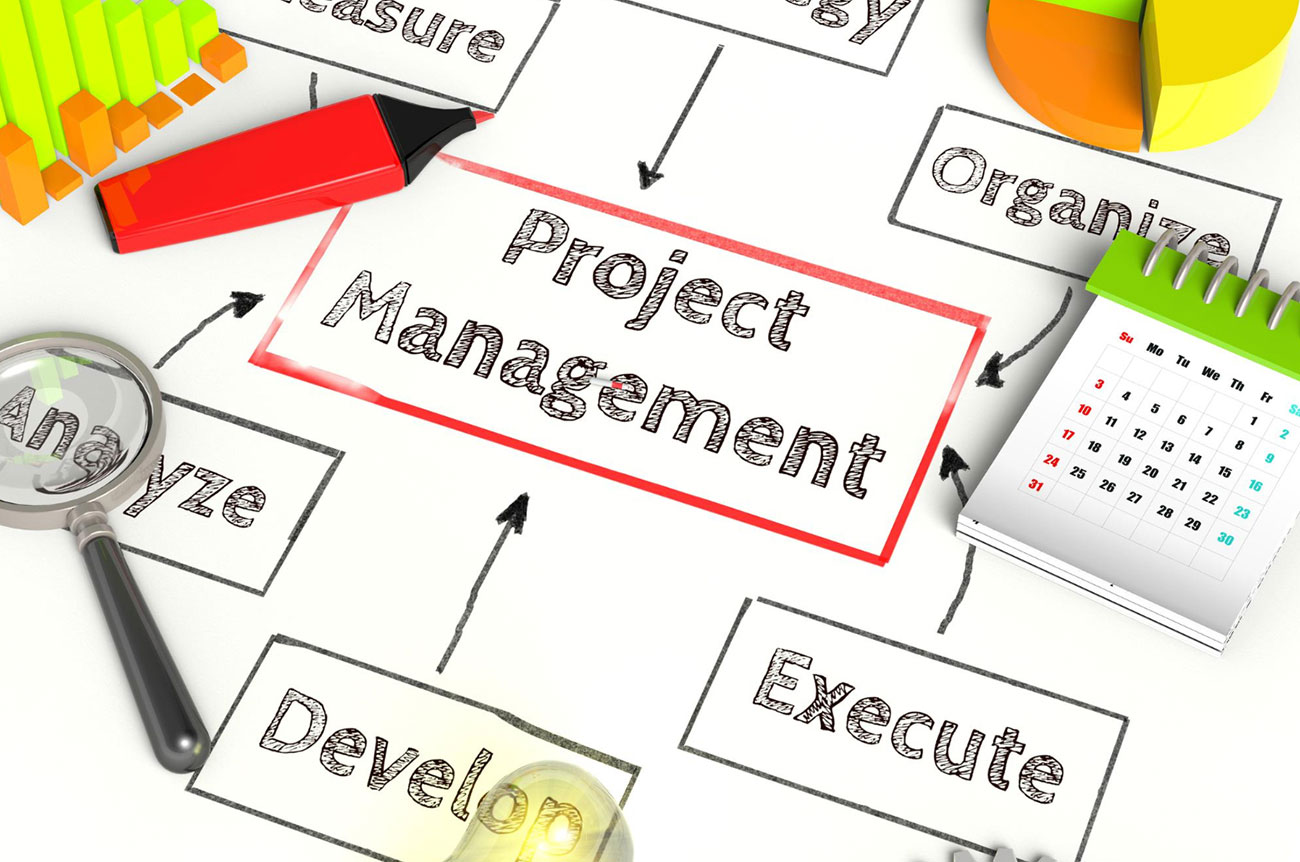Posted On August 19, 2024
Best Practices for Managing Complex Projects
Ability to navigate these challenges can make the difference between a successful project and one that fails to meet its objectives. Here are some best practices for managing complex projects.
1. Define Clear Goals and Objectives
At the outset of any complex project, it’s crucial to establish clear goals and objectives. These should be specific, measurable, achievable, relevant, and time-bound (SMART). Clear objectives provide a roadmap for the project team, ensuring everyone understands what needs to be accomplished and what success looks like.
Best Practice: Work with stakeholders to define the project’s goals and break them down into actionable objectives. Ensure that these objectives are communicated clearly to the entire team and are revisited regularly to stay on track.
2. Develop a Detailed Project Plan
A well-structured project plan is essential for managing the complexities of a large-scale project. The plan should outline the project’s scope, timeline, resources, roles and responsibilities, milestones, and deliverables. It should also include risk management strategies and contingency plans for potential issues.
Best Practice: Use project management tools like Gantt charts, PERT diagrams, or project management software (e.g., Microsoft Project, Jira) to create a detailed project plan. Regularly update the plan as the project progresses and communicate changes to all stakeholders.
3. Build a Strong Project Team
The success of a complex project depends largely on the strength of the project team. It’s important to assemble a team with the right mix of skills, experience, and expertise. Additionally, fostering collaboration and communication within the team is crucial for navigating the challenges of a complex project.
Best Practice: Select team members based on their skills, experience, and ability to work well with others. Clearly define roles and responsibilities and encourage open communication to ensure that everyone is aligned and working towards the same goals. Provide ongoing support and training as needed to help the team succeed.
4. Implement Agile Methodologies
Agile methodologies are particularly effective for managing complex projects due to their flexibility, iterative approach, and focus on continuous improvement. Agile frameworks like Scrum or Kanban can help teams break down large projects into smaller, manageable tasks, allowing for faster delivery and easier adjustments based on feedback.
Best Practice: Adopt Agile practices that suit the nature of your project. Use sprints or iterations to break down the project into smaller tasks, and hold regular stand-ups, retrospectives, and sprint reviews to keep the team aligned and focused on delivering value.

5. Prioritize Communication and Collaboration
Effective communication is vital in complex projects, where multiple teams, stakeholders, and departments may be involved. Regular communication ensures that everyone is informed, aligned, and able to collaborate effectively to overcome challenges.
Best Practice: Establish clear communication channels and protocols for the project. Use collaboration tools like Slack, Microsoft Teams, or Trello to facilitate communication and information sharing. Schedule regular meetings with the project team and stakeholders to discuss progress, address issues, and adjust plans as needed.
6. Manage Risks Proactively
Complex projects inherently come with risks, whether related to scope, budget, timeline, or resources. Identifying, assessing, and managing these risks proactively is essential for keeping the project on track.
Best Practice: Conduct a thorough risk assessment at the start of the project and develop a risk management plan. Identify potential risks, assess their impact and likelihood, and prioritize them accordingly. Monitor risks throughout the project and implement mitigation strategies to minimize their impact.
7. Monitor Progress and Adjust as Needed
Complex projects require ongoing monitoring and adjustment to ensure they stay on track. Regularly reviewing progress against the project plan, budget, and timeline allows you to identify any deviations early and make necessary adjustments.
Best Practice: Use project management dashboards and reporting tools to track progress in real-time. Hold regular status meetings to review progress, discuss challenges, and make any necessary adjustments to the project plan. Be prepared to pivot or reallocate resources if the project’s needs change.
8. Ensure Stakeholder Engagement
Engaging stakeholders throughout the project lifecycle is critical for ensuring their needs and expectations are met. Regular updates and feedback loops with stakeholders help maintain their support and alignment with the project’s objectives.
Best Practice: Identify key stakeholders early in the project and establish a communication plan to keep them informed and engaged. Involve stakeholders in key decision-making processes and gather their feedback regularly to ensure the project remains aligned with their expectations.
9. Focus on Quality Management
Maintaining high quality in deliverables is essential, especially in complex projects where multiple components must work together seamlessly. Implementing robust quality management processes ensures that the project meets its goals and delivers value to the organization.
Best Practice: Define quality standards and criteria for the project and implement quality assurance (QA) and quality control (QC) processes. Regularly review deliverables against these standards and make adjustments as needed to maintain quality.
10. Celebrate Milestones and Successes
Finally, recognizing and celebrating milestones and successes is important for maintaining team morale and motivation throughout the project. Acknowledging achievements helps keep the team focused and energized, even when facing challenges.
Best Practice: Celebrate project milestones with the team, whether through formal recognition, team events, or simple acknowledgments during meetings. Recognize individual contributions as well as team achievements to build a positive and motivated project environment.
Conclusion
Managing complex projects requires a combination of strategic planning, effective communication, risk management, and strong leadership. By defining clear goals, developing a detailed plan, fostering a collaborative team environment, and adopting Agile methodologies, you can navigate the challenges of complex projects and deliver successful outcomes. As a leader, your ability to implement these best practices will not only ensure the success of your current projects but also set the stage for continued success in future endeavors.








